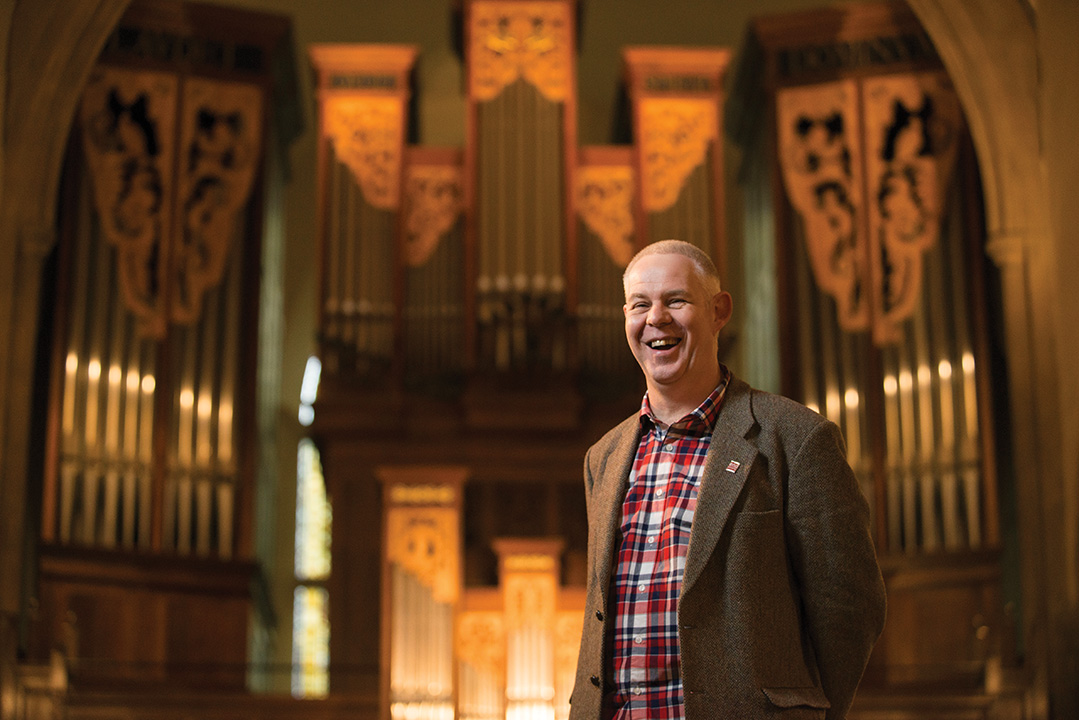I have always experienced something of the ‘imposter syndrome’. The sense that I don’t really belong; that others are far better qualified and know far more than I do. And so, when I was asked to share some of my thoughts and experiences about leadership my immediate response was, “I wonder how many others they asked before they approached me.”
I recognise, however, that I have been incredibly privileged over the years to live and work alongside some utterly inspirational people. And very occasionally to encourage a few of those people to be the very best version of themselves that they are capable of being. The most brilliant leaders I have observed have been surrounded by others who have skills, abilities, and insights that they don’t possess. And they have celebrated that rather than been intimidated by it. Great leaders are part of even better teams.
Over the coming months I will share some of my experiences of observing up close inspirational leaders (and teams of leaders), and some of the charisms we need to develop if we are to be effective leaders at this time. Most of the people I will write about would not think of themselves as leaders. Just ordinary people doing ordinary jobs, often in extraordinarily difficult circumstances. If that describes you, then you are a leader.
To state the obvious, this is a hugely challenging time to exercise leadership. It is a phase in our history when so much is in turmoil, and when the future looks uncertain, indeed bleak. There are no easy answers and I personally think that we should be suspicious of those who claim to have them. This is true whether such people exist in the Church or in wider society. Part of the challenge of leadership is to help people to retain (or discover) hope which is deeper than sugar-coated optimism.
With so many issues to be addressed, the temptation is always to be rushing off in as many directions as possible, trying to address immediate crises, focusing on the short term urgent as opposed to the long term vital. However, good leadership begins not with frenetic activity but with stillness and listening. For someone like myself who is a natural activist – who loves being busy and enjoys others seeing how busy I am – this has been a hard lesson to learn. And it is one that I am still learning.
The author and spiritual director Susan Beaumont writes: “The practice of sitting quietly with God is foreign to most. Leaders cannot be good discerners if they are not comfortable with stillness.” The late Archbishop Desmond Tutu used to say that the busier he became the more time he realised he had to spend with God.
It is a bit like being up a mist-enveloped mountain with a group of people. The temptation is to get to safety as quickly as possible. But you risk heading off in different directions without any clear plan of what to do and where to go. Taking stock, remaining calm, looking out for one another is a far more sensible approach. And our calmness, our willingness to be still, encourages that stillness in others.
Leadership begins with stillness, with listening, which leads to genuine discernment of what is ours to do in this time and this place.
This article first appeared in the January 2023 Issue of Life and Work, the magazine of the Church of Scotland. You can subscribe at https://www.lifeandwork.org/subscribe/subscribe.


